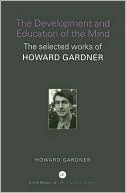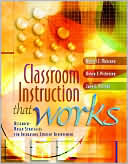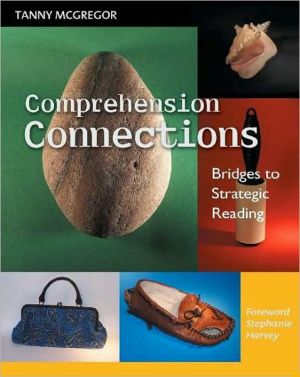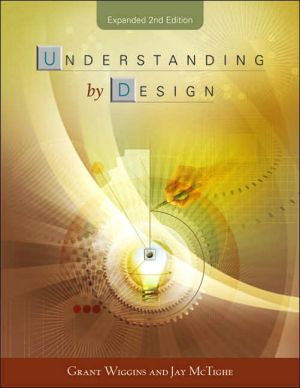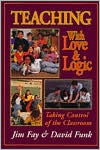Development and Education of Mind
Search in google:
In the World Library of Educationalists series, international experts themselves compile career-long collections of what they judge to be their finest pieces--extracts from books, key articles, salient research findings, major theoretical and/practical contributions--so the work can read them in a single manageable volume. Readers will be able to follow the themes and strands of their work and see their contribution to the development of a field.A developmental psychologist by training, Howard Gardner has spent the last 30 years researching, thinking and writing about the development and education of the mind. He has contributed over 30 years researching, thinking and writing about the development and education of the mind. He has contributed over 30 books and 700 articles to the field. He is best known for his critique of the notion that intelligence is one single human intelligence that can be assessed through psychometric tests. Instead Gardner developed the theory of "multiple intelligence" which states that an individual has eight relatively autonomous intelligence:· Language· Music· Emotional· Logical-mathematical· Spatial· Kinesthetic· Creative· Interpersonal (understanding oneself)This theory has proved popular, particularly with those who see the IQ testing a relatively narrow set of abilities.In this book, he brings together over 20 of his key writings in one place. The book begins with a specially written Introduction, which gives an overview of Howard's career and contextualizes his selection in this book. Through his selection we can see the development of his thinking as well as the development of the field. This is the only book that offers this insight into this great scholar's work.
I. Introduction and AcknowledgementsEL..i (3,440 words)II. Howard Gardner Biography by Mindy KornhaberEL..xiv (2,615)III. Articles (all articles by Howard Gardner unless otherwise indicated) (116,167 words)i. Influences pgs. 1-591. The Pathbreaking Work of Jean PiagetEL..12. Jerome S. Bruner as EducatorEL..83. Project Zero: Nelson Goodman's legacy in arts educationEL..174. Norman Geschwind- Creative GeniusEL..305. Developmental psychology after Piaget: An approach in terms of symbolizationEL..40ii. MI theory pgs. 60-1566. Beyond the IQ: Education and human development, Developing the spectrum of human intelligencesEL..607. Reflections on multiple intelligences: Myths and messagesEL..748. Who owns Intelligence?.....929. Multimedia and multiple intelligences. By Shirley Veenema and Howard GardnerEL..11810. The three faces of IntelligenceEL..13711. MI after twenty yearsEL..143iii. Arts Education pgs. 157-22212. Artistic intelligencesEL..15713. Zero-based arts education: An introduction to Arts PROPELEL..16614. Illuminating comparisons in the artsEL..18215. The key in the slot: Creativity in a Chinese keyEL.195iv. Disciplinary Understanding pgs. 223-29616. The unschooled mind: Why even the best students in the best schools do not understandEL..22317. Teaching for Understanding in the Disciplines--and Beyond. Howard Gardner and Veronica Boix-Mansilla.....25118. Multiple approaches to understandingEL..279v. Education general pgs. 297-44419. Assessment in context: The alternative to standardized testingEL..29720. The age of innocence reconsidered:Preserving the best of the EL..progressive traditions in psychology and education. By Howard Gardner, Bruch Torff and Thomas HatchEL..34021. How education changes: Considerations of history, science and valuesEL..38422. An education for the future: The foundation of science and valuesEL..41123. The ethical responsibilities of professionalsEL..431IV. Bibliography pgs. 445-484 (5,651 words)
